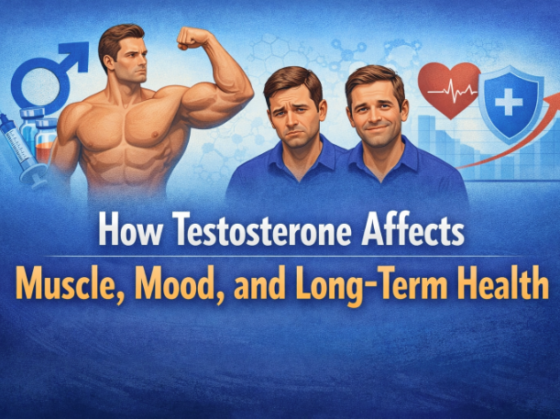In women who undergo hormone therapy after menopause, the chances of developing dementia are higher at a later stage. According to experts at Medriva, age matters. Many women are in a dilemma about whether to get hormone therapy when they are passing through menopause. Benefits offered by this medication include relief from night sweats and hot flashes.
Research has been conducted on hormone therapy for several years to determine whether women are prone to developing heart attacks, dementia, and breast cancer. It gave conflicting outcomes, and women are in a dilemma about hormone therapy to cure their symptoms during menopause.
Hormone therapy offers the best results during midlife.
According to a study, women who take hormone therapy during midlife may experience a lower level of dementia or not at all. However, the chances of developing dementia are higher in older women after hormone therapy.
What do we know so far from several clinical studies conducted previously?
The risk of developing dementia is 32% in younger women who take only estrogen hormone therapy during early menopause or perimenopause, compared to those not taking this medicine. In addition, the study also found that in younger women who are on a combined hormone (progestogen and estrogen), the chances of developing dementia are lower.
A professor of obstetrics/gynecology, psychology, and psychiatry at the University of Illinois at Chicago, Pauline Maki, said the previous trials showed that hormone therapy could reduce the chances of developing dementia. According to more recent investigations, women who take hormone therapy might suffer from a lower risk of dementia. Despite all these findings, Pauline Maki believes the risk of developing dementia may not be due to hormone therapy but rather to an overall decline in health in older women.
Hormone therapy improves attention
Medical Director of the Menopause Society and director of Mayo Clinic Women’s Health, Dr. Stephanie Faubion, said women need not seek hormone therapy because it could lower the risk of dementia. There was conflicting information from several clinical trials involving hormone therapy for women. However, healthcare experts at Medriva and other physicians said hormone therapy is recommended to cure symptoms such as disturbed sleep and hot flashes. It could also improve your attention and memory.
The outcome of the latest investigations is in line with other findings, and it suggests taking hormone therapy early in the transition to menopause could help in curing common menopausal symptoms. In addition, it might also reduce the risks of health conditions in the long term Breast Augmentation in Colombia.
An assistant professor (neurology) at Boston-based Massachusetts General Hospital, Rachel Buckley, said the recent findings of the clinical trials suggest hormone therapy in women around the age of menopause will offer better results.
Perimenopause is the time between the age of 40 and menopause. After starting at the age of 40, it could last for more than a decade. Menopause in women starts when they have not observed menstrual cycles for more than a year. In the US, many women start menopause at the age of 51.
The risk of developing Alzheimer’s disease is twice as high in women compared to men in their lifetime. Around two-thirds of women in the US suffer from this disease. The loss of estrogen during menopause could also be a factor in deteriorating health conditions.
Conclusion
Health conditions could deteriorate in older women. Hormone therapy at an early age and just before menopause is expected to relieve them from hot flashes and night sweating. It could also improve attention and memory.











